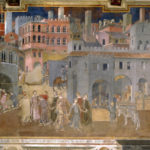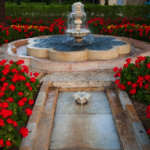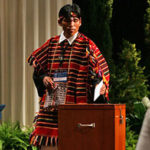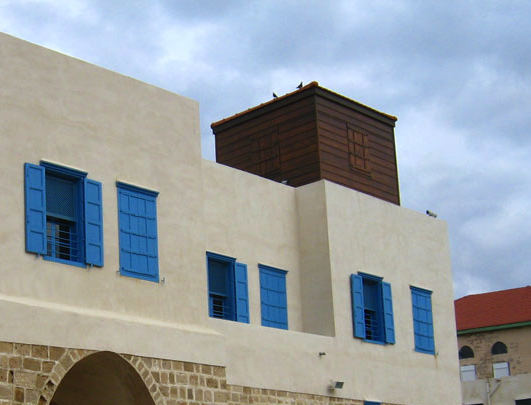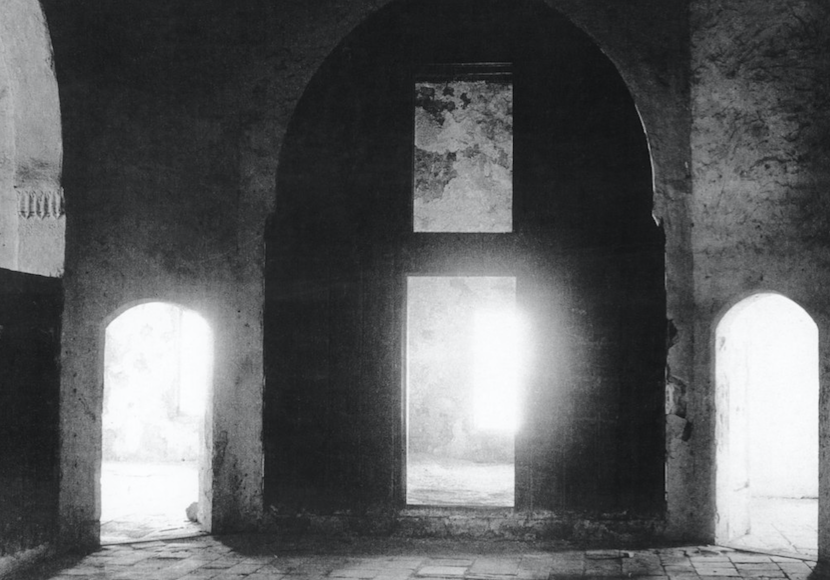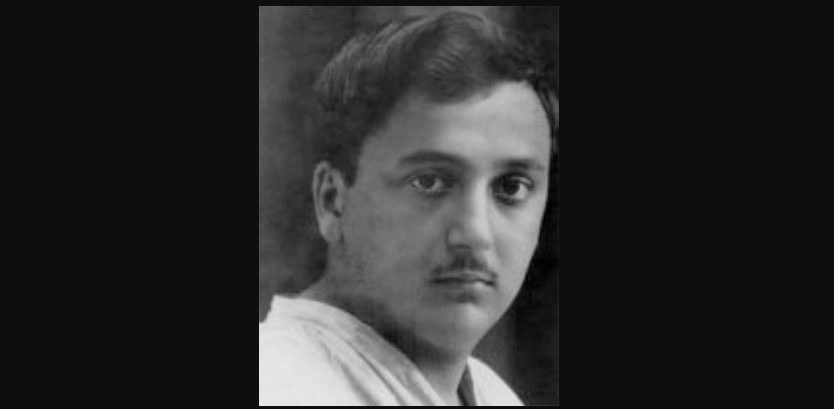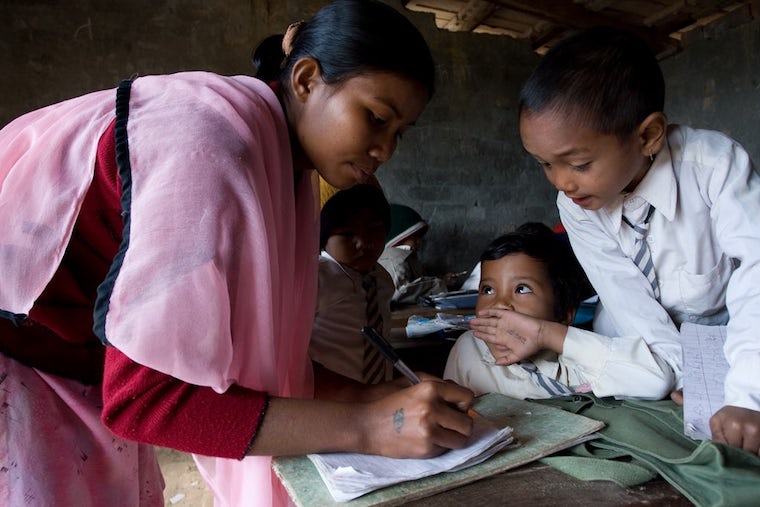
Words of Paradise – the Personal is Universal
 The phrase “the personal is universal” captures something of the combination of themes we find in Bahá’u’lláh’s work the Words of Paradise.
The phrase “the personal is universal” captures something of the combination of themes we find in Bahá’u’lláh’s work the Words of Paradise.
As we have already seen Bahá’u’lláh connects the personal character of a leader with questions of good governance. Good government requires that those in leadership resist self and passion if they are to rule with justice. Pursuit of personal interest is a probable factor in bad governance.
And despite addressing universal questions, particular principles of the Words of Paradise, range freely from the individual to global. Indeed the opening themes are personal.
Honesty, virtue, wisdom and a saintly character redound to the exaltation of man, while dishonesty, imposture, ignorance and hypocrisy lead to his abasement. By My life! Man’s distinction lieth not in ornaments or wealth, but rather in virtuous behavior and true understanding.[1]
The third leaf continues the theme of personal conduct:
If thine eyes be turned towards mercy, forsake the things that profit thee and cleave unto that which will profit mankind. And if thine eyes be turned towards justice, choose thou for thy neighbor that which thou choosest for thyself.[2]
Here Bahá’u’lláh connects the individual – the personal – with the universal – the welfare of all humanity. It is an insight which calls into question the unconscious division of the world into separation unconnected domains. Of course, the choices we make as individuals affect those around us. Accordingly, they are in some sense part of the “governance” of society. The advice to “cleave unto that which will profit mankind” is moreover not only directed by Bahá’u’lláh to the individual. As observed in a previous article it is also directed to secular and religious institutions of society. The interconnected nature of these teachings calls to mind Bahá’u’lláh’s insight that humanity as a whole is one organic entity (“a human body“) and that the welfare of the individual and the whole are mutually interdependent. These are part of a systems model of reality.
To further underline the importance of individual action Bahá’u’lláh calls to attention the harm that can flow from wrong-doing of his followers.
We have said: “My imprisonment doeth Me no harm, nor do the things that have befallen Me at the hands of My enemies. That which harmeth Me is the conduct of my loved ones who, though they bear My name, yet commit that which maketh My heart and My pen to lament.” … So long as one’s nature yieldeth unto evil passions, crime and transgression will prevail. We cherish the hope that the hand of divine power and the outpouring of heavenly blessings may sustain all men, may attire them with the vesture of forgiveness and bounty and guard them against that which would harm His Cause among His servants.[3]
Here again we see the interconnection of the individual and the welfare of society.
Words of Paradise also connect individual conduct and religion and religion and secular governance.
In the first leaf we find:
The fear of God hath ever been a sure defense and a safe stronghold for all the peoples of the world. … Indeed, there existeth in man a faculty which deterreth him from, and guardeth him against, whatever is unworthy and unseemly, and which is known as his sense of shame. This, however, is confined to but a few; all have not possessed and do not possess it.[4]
In addition to highlighting internal human psychology, Bahá’u’lláh draws attention to the role of religion in maintaining social order. Indeed Bahá’u’lláh calls on rulers to uphold religion. Moreover he underlines the importance of the education of children in the principles of religion. Social order and individual spirituality connected with the other. For a central purpose of religion is the improvement of human character.
The Pen of the Most High exhorteth, at this moment, the manifestations of authority and the sources of power, namely the kings, the sovereigns, the presidents, the rulers, the divines and the wise, and enjoineth them to uphold the cause of religion, and to cleave unto it. Religion is verily the chief instrument for the establishment of order in the world and of tranquility amongst its peoples. The weakening of the pillars of religion hath strengthened the foolish and emboldened them and made them more arrogant. Verily I say: The greater the decline of religion, the more grievous the waywardness of the ungodly. This cannot but lead in the end to chaos and confusion. Hear Me, O men of insight, and be warned, ye who are endued with discernment![5]
Schools must first train the children in the principles of religion, so that the Promise and the Threat recorded in the Books of God may prevent them from the things forbidden and adorn them with the mantle of the commandments; but this in such a measure that it may not injure the children by resulting in ignorant fanaticism and bigotry.[6]
Correspondingly Bahá’u’lláh calls on the individual to support just government coherent with good character.
It is incumbent upon everyone to extend aid and to manifest kindness to so noble a soul. Well is it with the king who keepeth a tight hold on the reins of his passion, restraineth his anger and preferreth justice and fairness to injustice and tyranny.[7]
(This article is the 174th in a series of what I hope will be 200 articles in 200 days for the 200th anniversary of the birth of Bahá’u’lláh. The anniversary is being celebrated around the world on 21 and 22 October 2017, The articles are simply my personal reflections on Bahá’u’lláh’s life and work. Any errors or inadequacies in these articles are solely my responsibility.)
Image Credits:
Saraswati School, a Bahá’í-inspired school in East Kanchanpur Nepal. Copyright © Bahá’í International Community.
